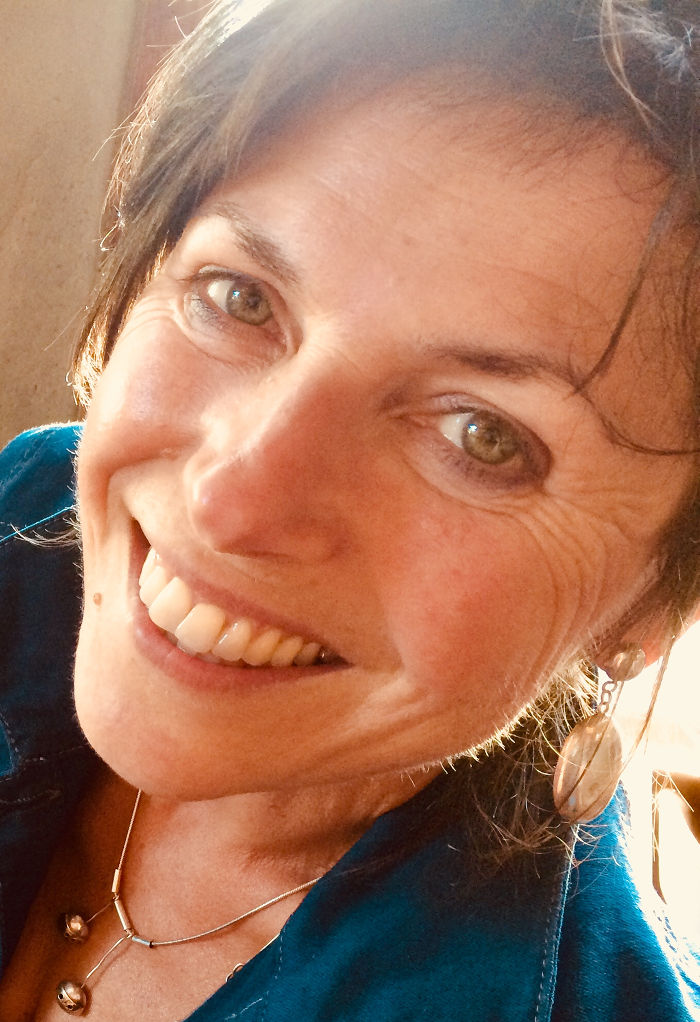
How and/or why did you become a therapist?
I felt most alive and connected when I could help others make sense of their fears and longings. In my growing up years, the well of my own unmet needs drove me to try and make things more bearable for everyone.
What are the most rewarding aspects of being a therapist?
To be with someone courageously making sense of their own experience is awesome and deeply moving. Helping another gain understanding for how they have survived difficulties such as trauma, rejection or loss evokes respect in me at the deepest level. I feel excited and heartened to see someone blossom as they strengthen their internal and external resources through therapy. Witnessing another’s growth is a privilege especially as they begin to live more comfortably in their own skin, throw off outmoded defences and form authentic relationships that are nourishing and supportive.
What’s unique or special in your background or approach to interpersonal relationships?
I have a unique integration of models from decades of observing and transforming the implicit communication between parents and infants. This gave me sensitivity to relational needs and how they are missed again and again and how from very tiny we begin to defend ourselves from how painful and confusing that is.
What are your favourite or most interesting interpersonal relationship tips/advice?
- We have two ears and one mouth, use them in that ratio!!
- The Delphi maxim “KnowThyself” is still the most important message about relationships in the 21st century as it was for Ancient Greeks.
- Modern neuroscientist Daniel Siegal, says that self awareness has the biggest and most positive impact on all our interpersonal relationships.
What are some things about therapy that you want to increase public awareness about?
The myth that therapy is indulgent! Bizarrely, self defeating behaviours such as excessive TV, drinking or shopping are not judged in this way. I’d like more awareness that therapy is about growing up and taking more responsibility for our needs and feelings. It helps us to become bigger, stronger, kinder and wise in all our relationships.
What are some of the biggest mistakes a therapist or patient can make?
Having provided decades of supervision and training to other therapists, I think not owning our own process is ‘a mistake’. Equally, if we take things personally it is unhelpful, and it’s better to understand with the client the unexpressed need within their hostility, withdrawal or angry demands. As for a patient, I wouldn’t really call anything a mistake but might say they would get more out of therapy if they could trust the therapist enough to share what is not working for them.
Bio
I am a full time qualified BACP Senior Accredited Counsellor and Psychotherapist and IIPA Internationally Certified Psychotherapist. I am also trained in Sensorimotor Psychotherapy (level 1). I have worked in mental health for the past 21 years and as a clinical supervisor in Halifax, West Yorkshire for 20 years. I bring a diverse experience and sincere commitment to meeting the needs of my clients at emotional depth. I also run professional groups and trainings for therapists. Learn more at http://www.counsellingandsupervision.net.